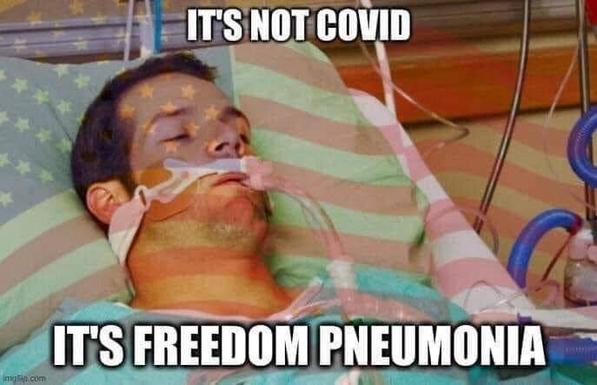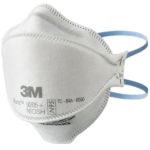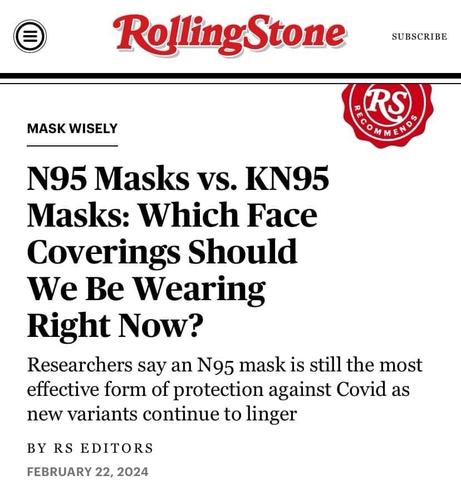1.8%.. 👀
https://www.medrxiv.org/content/10.1101/2024.02.22.24303193v1?s=09
> This study investigated the effectiveness of natural infection in preventing reinfection with the JN.1 variant during a large JN.1 wave in Qatar, using a test-negative case-control study design. The overall effectiveness of previous infection in preventing reinfection with JN.1 was estimated at only 1.8% (95% CI: -9.3-12.6%). This effectiveness demonstrated a rapid decline over time since the previous infection, decreasing from 82.4% (95% CI: 40.9-94.7%) within 3 to less than 6 months after the previous infection to 50.9% (95% CI: -11.8-78.7%) in the subsequent 3 months, and further dropping to 18.3% (95% CI: -34.6-56.3%) in the subsequent 3 months. Ultimately, it reached a negligible level after one year. The findings show that the protection of natural infection against reinfection with JN.1 is strong only among those who were infected within the last 6 months, with variants such as XBB*. However, this protection wanes rapidly and is entirely lost one year after the previous infection. The findings support considerable immune evasion by JN.1.
#CovidIsNotOver @novid



